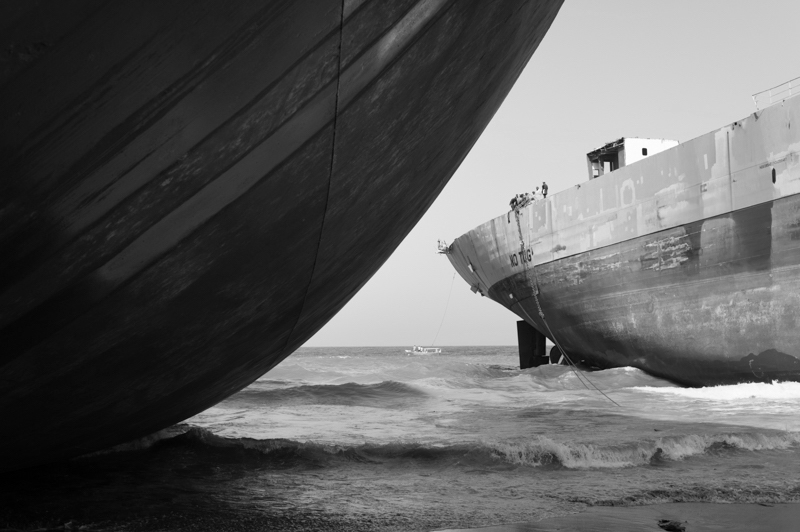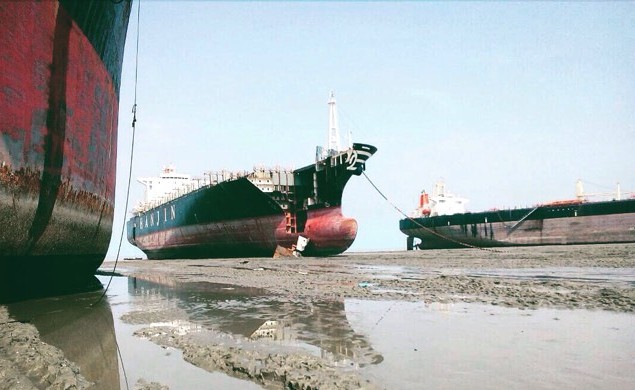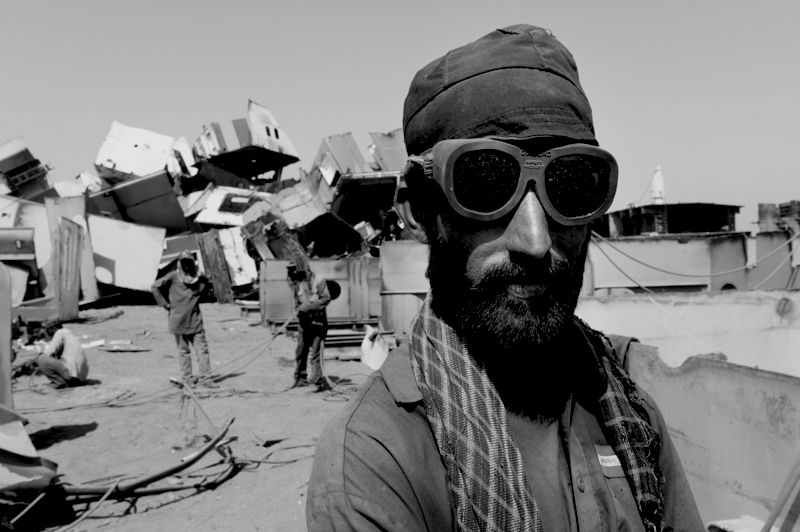And another worker dies in May at Chittagong yard with an appalling accident record
Today, during the first day of NOR-Shipping in Oslo, Dutch banks ABN AMRO, ING Bank and NIBC, together with the Scandinavian DNB, announced that they are all introducing Responsible Ship Recycling Standards (RSRS) for their ship financing. The banks took the opportunity of making this announcement during the biannual industry gathering in order to raise awareness with the intention of including more banks into the initiative. The Norwegian fund, KLP, who in 2016 commissioned a report by the International Law and Policy Institute on shipbreaking, had also already taken a stance to reject beaching practices.
A collective move to include ship recycling conditions on loans by leading banks and financial institutions with large shipping portfolios is a positive step to imposing responsible practices on ship owners. When there is pressure for change coming from shipping financers, who understand that they have a direct tangible impact on the shipping industry, ship owners, rather than finding crafty loopholes in the law, will feel the bite if they do not choose to recycle responsibly off the beach.







